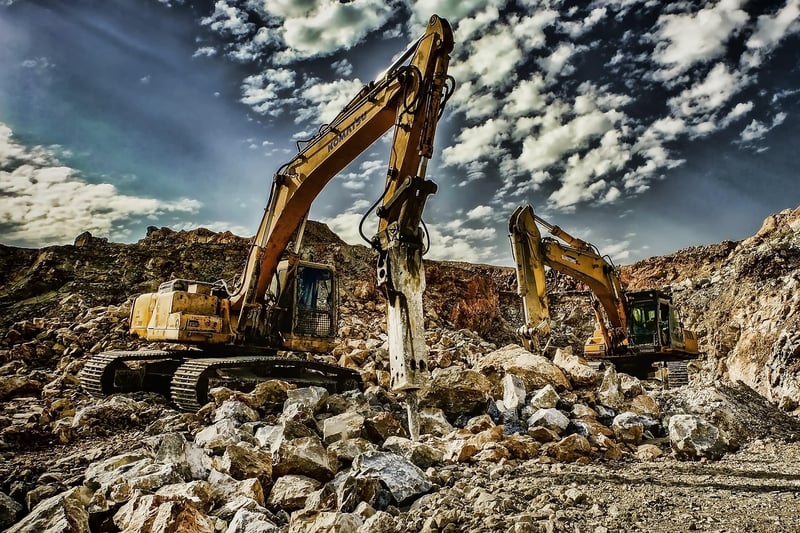Historical Events
Exploring Different Historical Eras and Events
Ancient Era
The Ancient Era spans from the emergence of early human civilizations to the fall of the Roman Empire. Key events include the construction of the pyramids in Egypt, the rise of Greek democracy, and the expansion of the Roman Empire.

Medieval Era
The Medieval Era covers the period from the fall of the Roman Empire to the Renaissance. Notable events include the Norman Conquest of England, the Crusades, and the Black Death pandemic.

Early Modern Era
The Early Modern Era saw significant advancements in science, exploration, and politics. Events like the Age of Discovery, the Protestant Reformation, and the Enlightenment shaped this period.

Modern Era
The Modern Era encompasses the industrial revolution, world wars, and the globalization of the world. Major events include the French Revolution, World War I, World War II, and the Cold War.

Contemporary Era
The Contemporary Era is characterized by rapid technological advancements, globalization, and cultural shifts. Events like the fall of the Berlin Wall, the 9/11 attacks, and the rise of social media define this era.

Exploring Historical Events
Each historical era is marked by significant events that have shaped the course of history. By understanding these events, we can gain insight into the development of societies, cultures, and civilizations throughout time.
Why Study History?
Studying history allows us to learn from the triumphs and mistakes of the past, providing a valuable perspective on current events and future possibilities. It helps us appreciate the complexities of human experiences and fosters critical thinking skills.
Conclusion
Exploring different historical eras and events offers a window into the rich tapestry of human history. By delving into the past, we can better understand the present and shape a more informed future.
